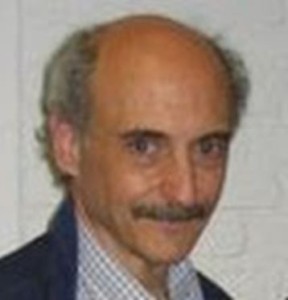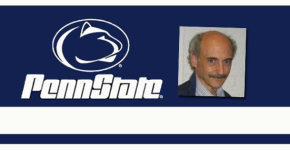
People cite procrastination as a major factor influencing productivity in a negative way.
Dr. David Rosenbaum, a psychologist at Penn State University, has coined the term precrastination. Precrastination is roughly the opposite of procrastination. When one procrastinates, they put off what needs to be done until a later time. When one precrastinates, they jump directly into the task at hand, sometimes to their detriment.
David Rosenbaum is a professor of psychology at Penn State University. He earned his Ph.D. in Experimental Psychology from Stanford University in 1977. His work on precrastination has gotten significant press. It’s been written about on The Huffington Post, Slate, The Associate for Psychological Science, The Daily Mail, and New York Magazine, to name a few.
David Rosenbaum – Precrastination
Do you answer emails as soon as you can, sometimes regretting what you wrote? Do you pay bills immediately, not earning the interest you could? Do you carry lots of groceries in one trip rather than fewer groceries in two trips? If you do, you precrastinate.
I recently coined the word “precrastinate,” along with Lanyun Gong and Cory Potts, following a chance discovery we made about walking and reaching. We discovered that people thought it was easier to pick up and carry a close object rather than a far object when they could pick and carry either object to the end of the same walkway. By picking up the close object, they could get the lifting task off their mental to-do list as soon as possible.
My colleagues and I defined precrastination as the tendency to complete tasks, or attempt to complete tasks, as soon as possible, even at the expense of extra effort.
Precrastination isn’t always a bad thing: If you get things done promptly, you can earn a reputation as a conscientious person, and you can reduce the load on your working memory.
Still, it’s useful to be aware of the downside of precrastination. Answering emails too soon, paying bills prematurely, and risking spills or injuries may not be worth the price. By being aware of precrastination, you can answer emails responsibly, earn more interest, and stay safe.

Comments
One response to “David Rosenbaum, Penn State – Precrastination”
I think what Dr. Rosenbaum meant to say is that “Haste makes waste.” Nevertheless, his points are fairly ignorant of the contrasting alternatives that residents of this modern age must weigh in making decisions. I also think basing his conclusion on observing people walking and carrying objects is questionable. (Are you sure this was peer reviewed?) Test subject please carry these two objects over there. Of course the people picked up the first object they came to. It wasn’t that they were “precrastinating,” they were just trying to get the job done. Then to infer that such an experiment can be extended to paying bills and grocery shopping is highly questionable.
Take for example his criticism of paying bills prematurely. Given the present interest rate that banks are giving us, is it really worth earning that extra 0.25% APR compounded daily to hold off paying your mortgage on the first of the month rather than on the seventh? No thanks, I’ll skip the $0.0045 that I’ll earn in exchange for the peace of mind. Two trips to the grocery store instead of one? All I can think is that Dr. Rosenbaum is either a climate change denier or has stock in one of the oil companies. Not only is that two expenditures of gasoline, but it is also two expenditures of personal time. If someone walks the entire length of the grocery store on each visit, that is not very efficient. Dr. Rosenbaum has obviously never worked in the manufacturing sector.
People make decisions between one or more alternatives continually. Putting forth an inane concept such as precrastinating does not advance the study of humanity. It only muddies the water.